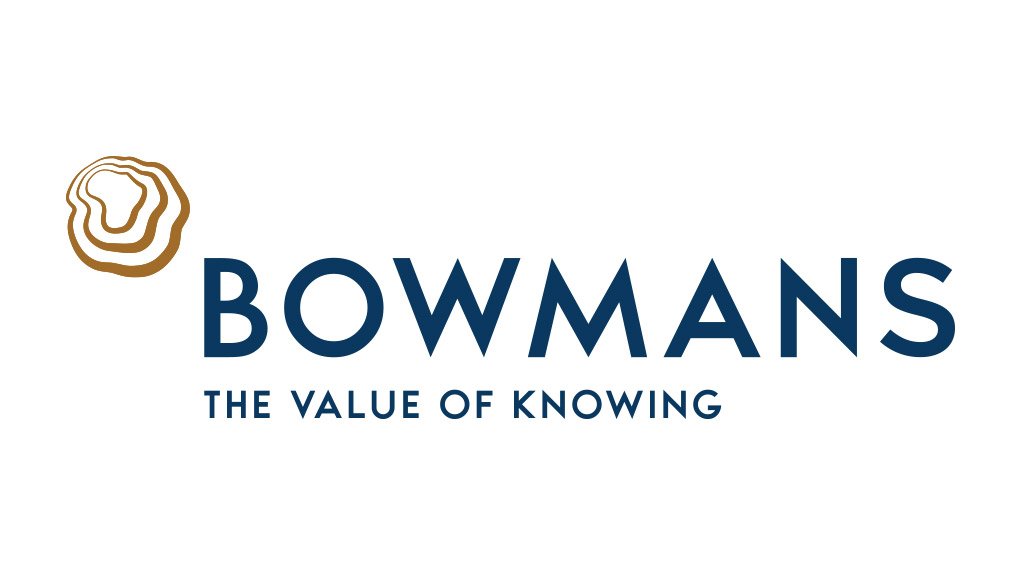It has been over two years since the Code of Good Practice on the Prevention and Elimination of Harassment in the Workplace (Code) took effect. The Code sought to shine the light on various forms of harassment in the workplace and create a positive duty on employers to prevent and eliminate it if it is based on one or more of the listed grounds of unfair discrimination in section 6 of the Employment Equity Act (EEA).
Bullying is a form of harassment in terms of the Code. The definition of bullying is broad but can be summarised as conduct that amounts to an abuse of coercive power by an individual or group of individuals in the workplace. It may involve aggressive behaviour in which someone repeatedly causes another person injury or discomfort. Such conduct causes a hostile or intimidating work environment for one or more employees, impairs the dignity of another, and can be demeaning or insulting.
Since the Code has come into effect, employers have experienced an increase in reported allegations of bullying in the workplace arising from harassment policies that have been adopted and implemented as required by the Code. These harassment policies ordinarily provide for zero tolerance towards harassment in the workplace and, unlike the strict requirements of the Code, employer harassment policies often do not limit harassment to conduct based on one or more of the listed grounds of unfair discrimination as set out in the EEA.
Despite the increase in reported allegations of bullying in the workplace, it does not appear as though there has been an increase in jurisprudence in this area, with only one recent Labour Appeal Court case being reported. As such, there has not been much guidance in this area of the law pursuant to the Code coming into effect. This may be because it is particularly difficult to prove that someone is a bully in the workplace.
It seldom happens that incidents of alleged bullying mimic the facts of the Labour Court case in the matter between Centre for Autism Research and Education CC v CCMA and Others. In this case, the conduct that was complained of included, among others, shouting at employees in a public forum and calling them pathetic, disgusting, stupid, dumb morons; and referring to a homosexual man as a ‘screaming queen’. Such conduct is explicit and was witnessed by others.
There are several reasons that contribute to the challenge of dealing with allegations of bullying in the workplace including:
- Most acts of bullying take place in isolation between the alleged perpetrator and the complainant. As such, there are often no witnesses to attest to this.
- Bullying seldom takes place over e-mail, text or WhatsApp. As a result, there is often no paper trail to corroborate the allegations.
- It is difficult to prove how someone makes another person feel and why they make them feel that way.
- At times bullying can be experienced because of someone’s body language towards another. This is difficult to articulate and prove.
- People experience certain conduct in different ways based on various life experiences. As such, how one receives or perceives certain conduct from a manager or colleague may not always pass the ‘reasonable person’ test.
- There is a thin line between exercising managerial prerogative and bullying. The two concepts are often confused.
That said, it is not impossible to prove bullying in the workplace. Employees are generally encouraged to report any conduct that impairs their dignity or causes a hostile work environment. In doing so, they should assess whether there are objective factors that speak to their subjective feelings, and should consider whether a reasonable person in their position would view the conduct as bullying. They should contact their human capital practitioners as early as possible and seek assistance.
Employers should investigate all allegations of harassment/ bullying and ensure that the conduct complained of crosses the line before taking disciplinary action. Not all forms of harassment/ bullying will justify a dismissal. Further, employers should do everything in their power to create a working environment where employees feel psychologically safe. At times this may require making unpopular decisions at the highest levels. A failure to deal with such allegations adequately may result in employers being found liable in terms of section 60 of the EEA.
Written by Sibusiso Dube, Partner at Bowmans Law
EMAIL THIS ARTICLE SAVE THIS ARTICLE ARTICLE ENQUIRY FEEDBACK
To subscribe email subscriptions@creamermedia.co.za or click here
To advertise email advertising@creamermedia.co.za or click here











